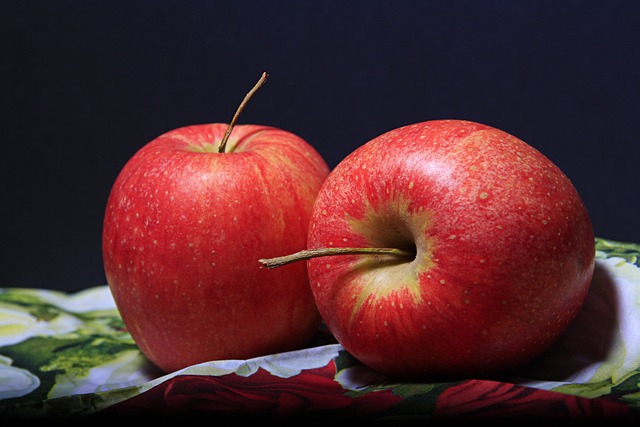Revitalizing Your Skin: How Probiotics Enhance Your Skin’s Health and Beauty
The Power of Probiotics for Healthy and Beautiful Skin
Probiotics have gained significant attention in recent years, and for good reason. These live bacteria and yeasts provide numerous benefits for our overall health, including promoting a healthy digestive system and boosting the immune system. However, their benefits extend far beyond just internal health. Studies have shown that probiotics can also greatly enhance the health and beauty of our skin.
Understanding the Skin Microbiome
Our skin is home to a diverse ecosystem of microorganisms, collectively known as the skin microbiome. These microorganisms play a crucial role in maintaining the skin’s health and function. However, factors like stress, poor diet, harsh skincare products, and environmental pollutants can disrupt the balance of our skin microbiome, leading to various skin issues such as acne, eczema, and premature aging.
This is where probiotics come into the picture. Probiotics, when applied topically or consumed orally, can help restore and maintain the balance of beneficial bacteria in the skin’s microbiome. By replenishing these beneficial bacteria, probiotics promote a healthy skin barrier function and suppress the growth of harmful bacteria. This, in turn, leads to a clearer, more radiant complexion.
The Benefits of Probiotics for Skin Health
Probiotics offer a wide range of benefits for the health and beauty of our skin:
- Acne Reduction: Probiotics have been found to be effective in reducing acne breakouts. They help regulate sebum production, reduce inflammation, and inhibit the growth of acne-causing bacteria.
- Eczema Relief: Studies have shown that probiotics can alleviate symptoms of eczema, a chronic inflammatory skin condition. Probiotics strengthen the skin barrier, reduce itching, and enhance the skin’s ability to retain moisture.
- Anti-Aging Properties: Probiotics promote the production of ceramides, essential lipids that maintain the skin’s moisture and elasticity. By strengthening the skin barrier and enhancing collagen production, probiotics can minimize the appearance of fine lines, wrinkles, and age spots.
- Even Skin Tone: Probiotics can help fade hyperpigmentation and brighten the complexion. They work by inhibiting the enzyme responsible for melanin production, resulting in a more even skin tone.
How to Incorporate Probiotics into Your Skincare Routine
If you’re ready to harness the power of probiotics for your skin, here are a few ways to incorporate them into your skincare routine:
- Topical Application: Look for skincare products that specifically mention the inclusion of probiotics. These products can range from cleansers and toners to serums and moisturizers. When applying probiotic skincare products, allow time for the beneficial bacteria to work their magic before applying other products.
- DIY Probiotic Face Mask: Create a homemade probiotic face mask using ingredients like plain yogurt, honey, and oats. Apply this mask to your face and leave it on for 15-20 minutes before rinsing off with warm water. This mask can help soothe inflammation, brighten the complexion, and restore balance to your skin.
- Oral Consumption: Consuming probiotics orally can also offer benefits for your skin. Look for probiotic-rich foods like yogurt, sauerkraut, kimchi, and kombucha to incorporate into your diet. Alternatively, you can take probiotic supplements, but consult with a healthcare professional before adding any new supplements to your routine.
Conclusion
Probiotics are not only beneficial for our gut health but also play a significant role in promoting the health and beauty of our skin. By restoring and maintaining the balance of our skin microbiome, probiotics can effectively address various skin concerns and provide us with a glowing, youthful complexion. So, why not give probiotics a try and







